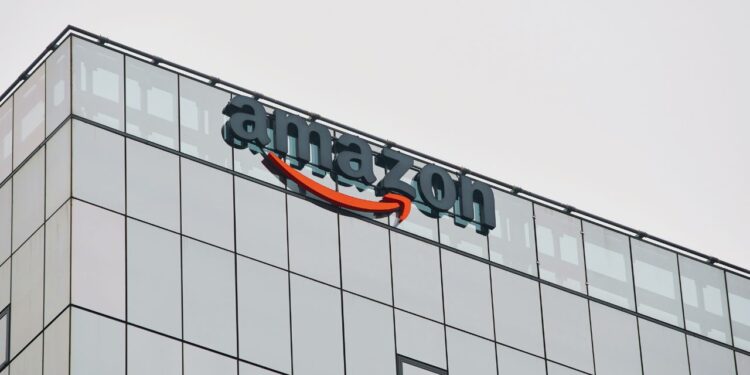Amazon’s recent decision to lease approximately 300,000 square feet of office space at two WeWork locations in midtown Manhattan, including the iconic Rockefeller Center, has raised eyebrows in the corporate real estate world. The deal comes at a time when WeWork’s financial stability is more than a little questionable.
It’s reported by CoStar that flexible workspaces have always been a part of Amazons real estate strategy, and this is evident in its previous deal with WeWork where Amazon secured around 70,000 square feet in London. However, Amazon’s move raises questions about the confidence that clients have in WeWork’s longevity and its capacity to continue providing services.
WeWork, which opened at 12 cents a share on Thursday, has faced a laundry list of challenges this year — from downgrades in credit ratings to key leadership changes. The coworking company has reported an uptick in demand from large enterprise customers, signaling a potential shift in its client base, according to CoStar.
However, the timing of this deal is intriguing to analysts of the coworking giant. Amazon has been on a hiring spree, nearly doubling its global workforce from the end of 2019 to the end of 2022. Yet, the company also announced halts in construction of some of their office spaces in various locations. This suggests a strategic shift towards leveraging flexible workspaces rather than committing to additional long-term real estate investments, especially in uncertain economic times.
But why WeWork? Despite admitting to its risk of failure, the company claims to be cutting costs, exiting unprofitable leases, and focusing on turning profitable. But this week’s move to bring in restructuring advisors, and big Wall Street firms holding bankruptcy plan discussions, paint a stark picture on whether it can successfully turn around.
There’s also the possibility that WeWork, in its bid to secure a stronger footing, might be offering attractive lease terms or discounts to big players like Amazon. While the exact terms of the deal remain undisclosed, it’s plausible that Amazon saw an opportunity to secure prime real estate at a competitive rate through dealing with WeWork.
Amazon’s deal with WeWork could be a strategic move towards flexibility and cost-efficiency. Flexible work is on the rise globally and the U.S. workforce is favoring the hybrid model, where companies maintain a balance between remote and in-office work. Because of these trends, flexible workspaces, like those offered by WeWork, are poised to play an important role in the coming years. However, WeWork’s ability to maintain client confidence is in doubt.



 Dr. Gleb Tsipursky – The Office Whisperer
Dr. Gleb Tsipursky – The Office Whisperer Nirit Cohen – WorkFutures
Nirit Cohen – WorkFutures Angela Howard – Culture Expert
Angela Howard – Culture Expert Drew Jones – Design & Innovation
Drew Jones – Design & Innovation Jonathan Price – CRE & Flex Expert
Jonathan Price – CRE & Flex Expert












